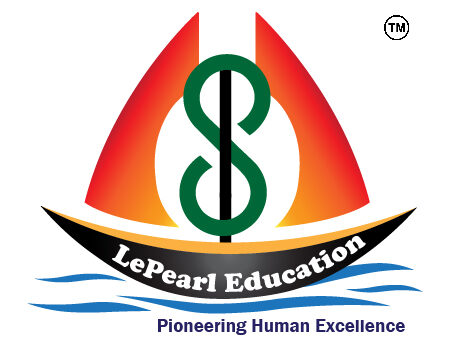Mock Test-summary
0 of 10 questions completed
Questions:
- 1
- 2
- 3
- 4
- 5
- 6
- 7
- 8
- 9
- 10
Information
10
Questions
10 min
Time
8/10
Highest
score
MEDIUM
Level
ENGLISH
Language
You have already completed the Mock Test before. Hence you can not start it again.
Mock Test is loading...
You must sign in or sign up to start the quiz.
You have to finish following quiz, to start this quiz:
Results
0 of 10 questions answered correctly
Your time:
Time has elapsed
You have reached 0 of 0 points, (0)
| Average score |
|
| Your score |
|
Categories
- Not categorized 0%
| Pos. | Name | Entered on | Points | Result |
|---|---|---|---|---|
| Table is loading | ||||
| No data available | ||||
- 1
- 2
- 3
- 4
- 5
- 6
- 7
- 8
- 9
- 10
- Answered
- Review
-
Question 1 of 10
1. Question
2 pointsWhich of the following set of statements best describes the nature and objectives of teaching?
(a) Teaching and learning are integrally related.
(b) There is no difference between teaching and training.
(c) Concern of all teaching is to ensure some kind of transformation in students.
(d) All good teaching is formal in nature.
(e) A teacher is a senior person.
(f) Teaching is a social act whereas learning is a personal act.
Code:
Correct
Incorrect
-
Question 2 of 10
2. Question
2 pointsWhich of the following learner characteristics is highly related to effectiveness of teaching?
Correct
Incorrect
-
Question 3 of 10
3. Question
2 pointsIn the two sets given below Set –I indicates methods of teaching while Set –II provides the basic requirements for success/effectiveness. Match the two sets and indicate your answer by choosing from the code:
Set – I (Method of teaching) Set – II Instructional procedure (Basic requirements for success/effectiveness) (a) Lecturing (i) Small step presentation with feedback provided (b) Discussion in groups (ii) Production of large number of ideas (c) Brainstorming (iii) Content delivery in a lucid language (d) Programmed (iv) Use of teaching-aids (v) Theme based interaction among participants Code:
Correct
Incorrect
-
Question 4 of 10
4. Question
2 pointsFrom the list of evaluation procedures given below identify those which will be called ‘formative evaluation’. Indicate your answer by choosing from the code:
(a) A teacher awards grades to students after having transacted the course work.
(b) During interaction with students in the classroom, the teacher provides corrective feedback.
(c) The teacher gives marks to students on a unit test.
(d) The teacher clarifies to doubts of students in the class itself.
(e) The overall performance of a student’s us reported to parents at every three months interval.
(f) The learner’s motivation is raised by the teacher through a question-answer session.
Code:
Correct
Incorrect
-
Question 5 of 10
5. Question
2 pointsAssertion (A): All teaching should aim at ensuring learning.
Reason (R): All learning results from teaching.
Choose the correct answer from the following code:
Correct
Incorrect
-
Question 6 of 10
6. Question
2 pointsThere are two sets given below. Set – I specifies the types of research, while Set –II indicates their characteristics. Match the two and given your answer by selecting the appropriate code.
Set – I (Research types) Set – II (Characteristics) (a) Fundamental research (i) Finding out the extent of perceived impact of an intervention (b) Applied research (ii) Developing an effective explanation through theory building (c) Action research (iii) Improving an existing situation through use of interventions (d) Evaluative research (iv) Exploring the possibility of a theory for use in various situations (v) Enriching technological resources Correct
Incorrect
-
Question 7 of 10
7. Question
2 pointsWhich of the sets of activities best indicate the cyclic nature of action research strategy?
Correct
Incorrect
-
Question 8 of 10
8. Question
2 pointsWhich of the following sequence of research steps is nearer to scientific method?
Correct
Incorrect
-
Question 9 of 10
9. Question
2 pointsThe problem of ‘research ethics’ is concerned with which aspect of research activities?
Correct
Incorrect
-
Question 10 of 10
10. Question
2 pointsIn which of the following activities, potential for nurturing creative and critical thinking is relatively greater?
Correct
Incorrect

